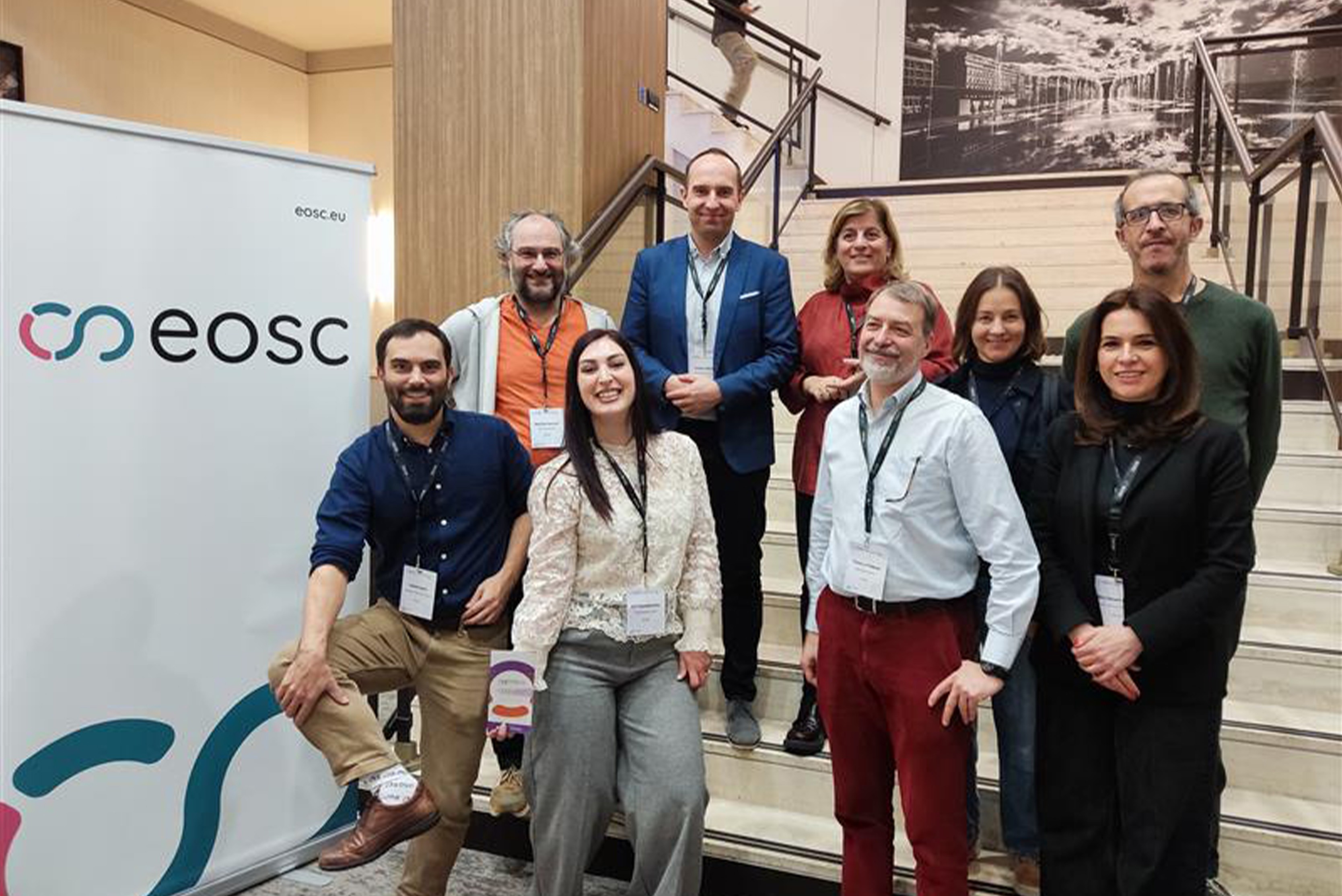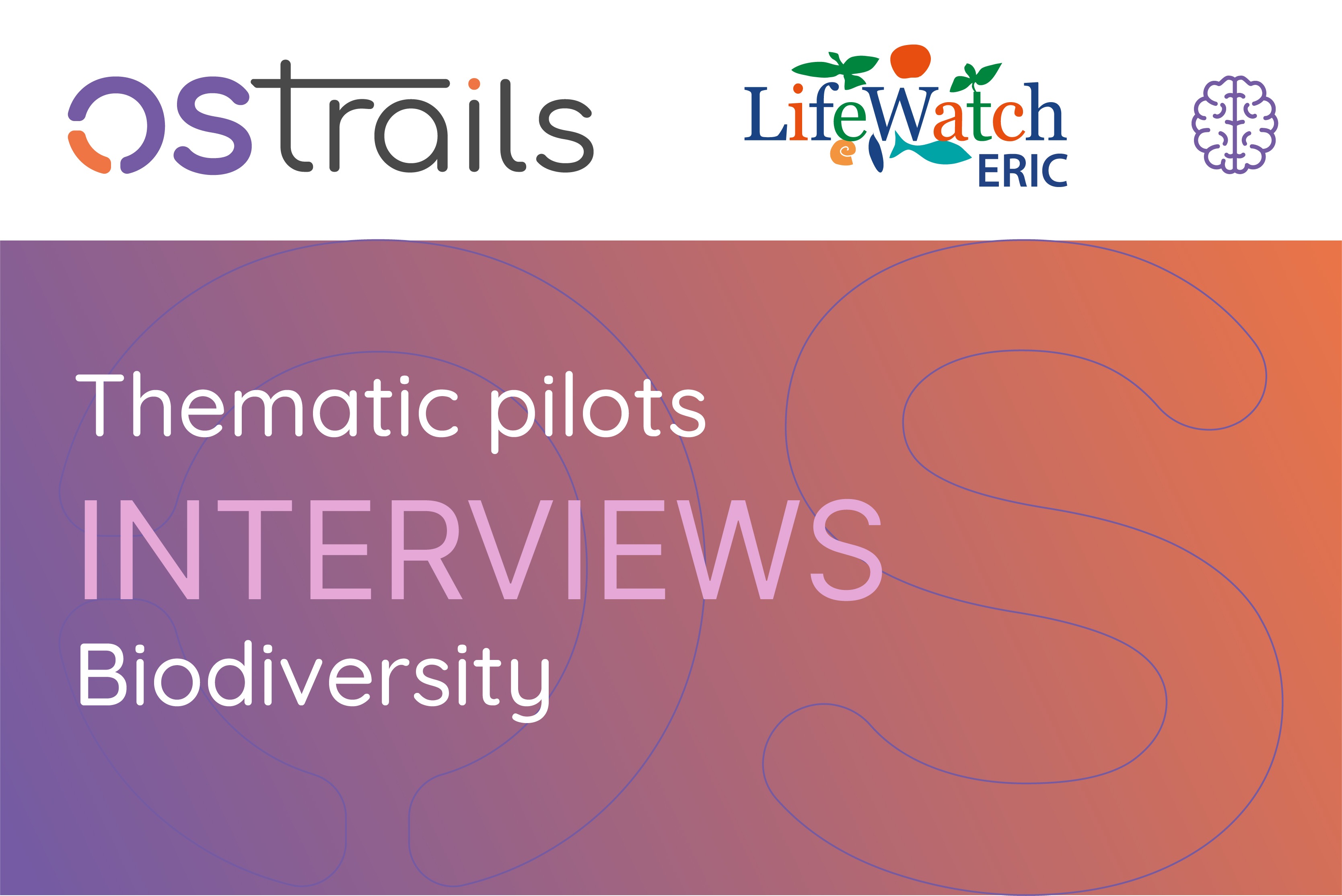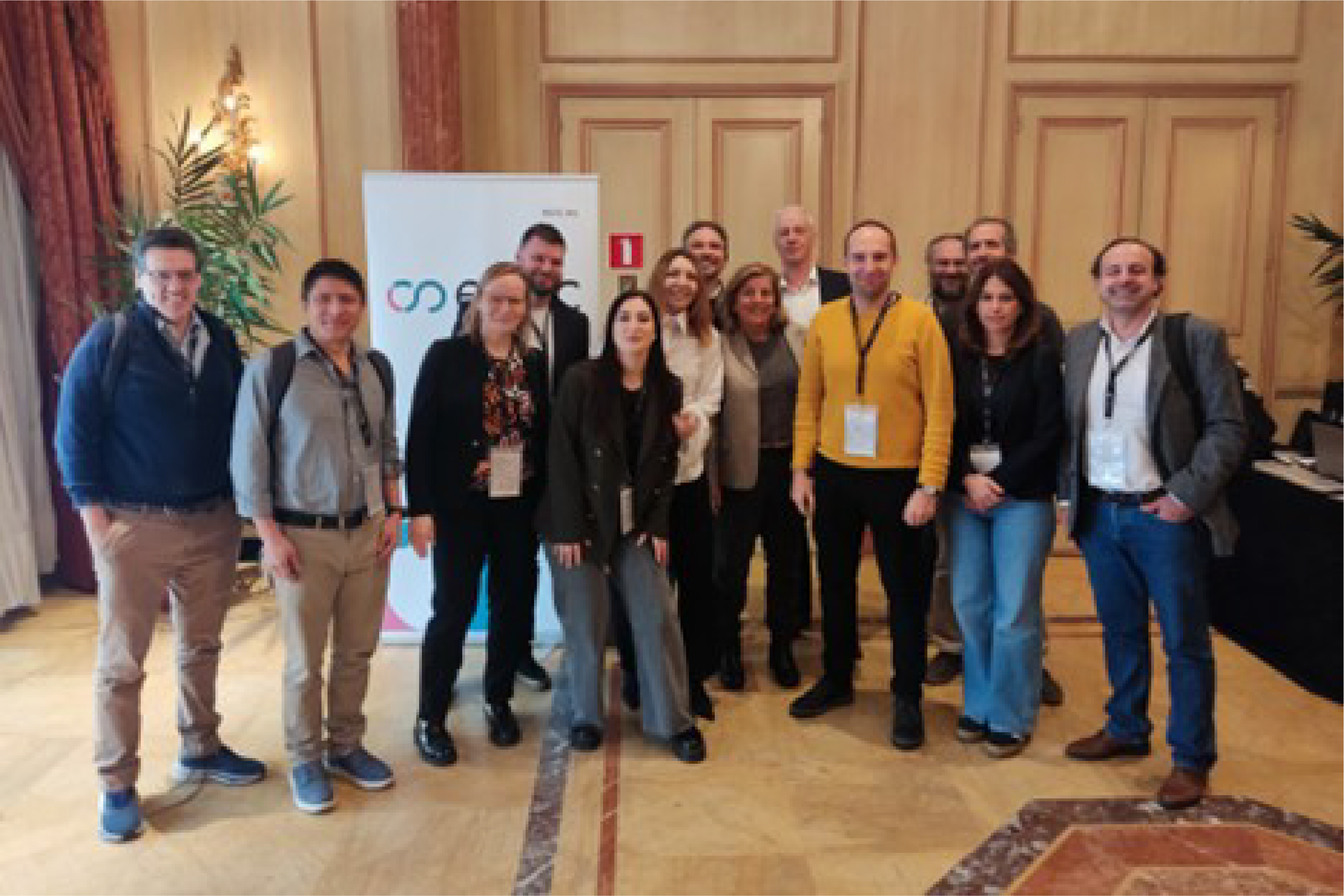OSTrails in Vienna: Keynote at the CRIS2024 and Collocated Technical Project Meeting
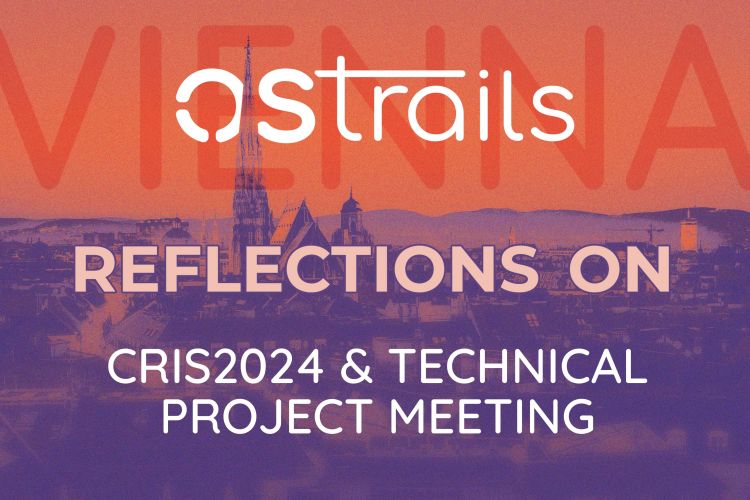
In brief: This May, the research infrastructure community met in Vienna for the EuroCRIS conference to examine emerging trends to enhance the availability and accessibility of current research information systems (CRIS). Natalia Manola, OpenAIRE’s CEO and coordinator of OSTrails, presented the transformations needed in today’s landscape showing the ways that the project supports them through standards and collaborations. Given that OSTrails technical manager, Tomasz Miksa, is located in Vienna, that created the perfect opportunity for a hybrid meeting to progress the work on the pathways, interoperability and commons for Scientific Knowledge Graphs (SKGs), FAIR Assessment tools, and DMP platforms.
EuroCRIS
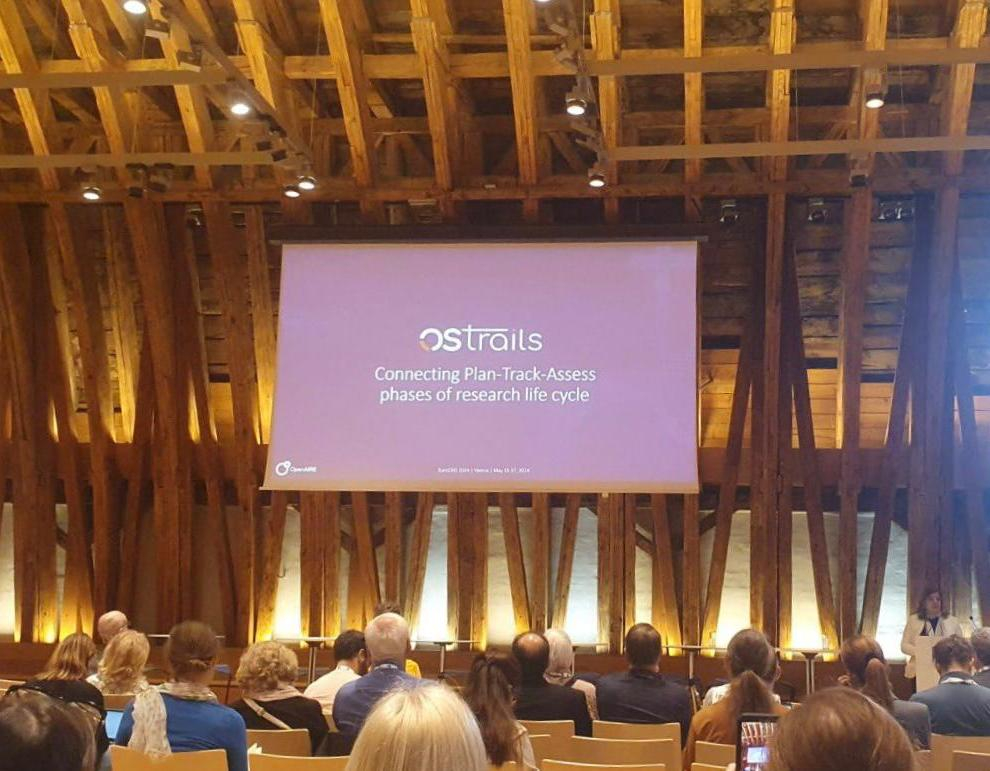
An annual celebration of CRIS systems in Europe: The 16th edition of euroCRIS biennial series of conferences brought together a diverse audience, including managers of research institutions and funding bodies, evaluators, librarians, ICT experts, and policymakers. The conference spanned 3 days and was full of keynotes, workshops and roundtables as well as lightning poster sessions that highlighted current developments, emerging trends and case studies that portrait the current landscape and its possibilities for the future.
Zooming in on open science, open infrastructure, and research information management: The second day of CRIS2024 opened with a keynote presentation by Natalia Malona who was invited to talk about the role of OpenAIRE and the opportunities and challenges emerging in the current transformation of the research landscape. Communicating the importance for collaborations and open infrastructures, she stressed the need for interconnectivity across research services and the potential laid down by generative AI already transforming the research process that can be exploited by them, sharing the example of the OpenAIRE Graph and service ecosystem.
A collaborative journey to setting standards and commons in EOSC: OSTrails was highlighted for the collectiveness and harmonization it brings on the three research phases of planning-tracking-assessing scientific information, leading to seamless exchange and automation across SKGs, FAIR Assessment tools, and DMP platforms. This is a necessary transformation not only for research assessment but also for research processes that enable simpler and smarter workflows to be realized and used by the research community.
Technical Meeting
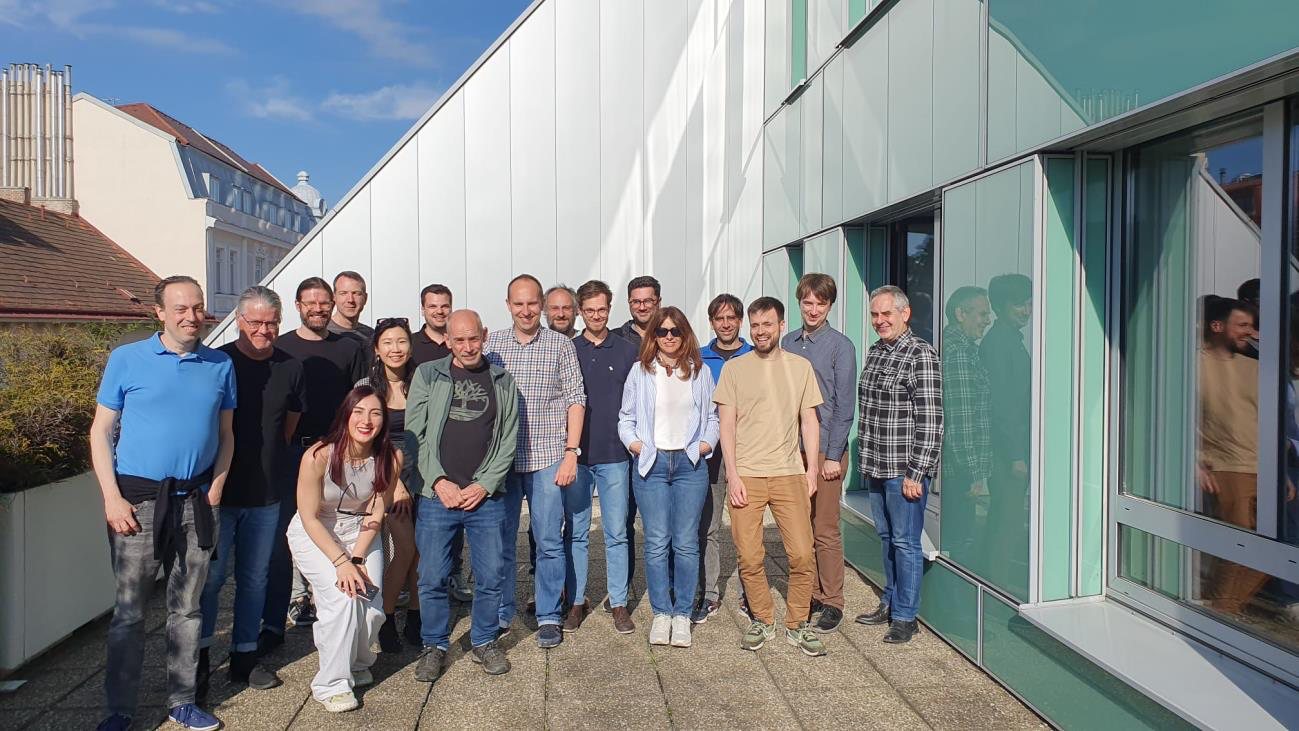
The two-day meeting took place at SBA Research with eighteen members of OSTrails joining in person and twenty-five participating online to represent the technical objectives of the project. The meeting was hosted by Tomasz Miksa, with assistance from Suvini Lai and Lukas Arnhold.
Draft Pathways presentation
On the first day, participants' expectations for the meeting's topics were collected and reviewed. Discussions centered on modeling OSTrails' technical outputs, including pathways, the interoperability framework, and the architecture that connects SKGs, DMPs, and FAIR assessment results. The productive exchange of views on the methodological aspects of pathways and the intended interactions between these services and platforms clarified ambiguous issues and highlighted commonalities between different perspectives, laying the foundation for the project's next technical developments.
Towards enhanced interoperability
The second day was dedicated to modeling and exploring interactions within the SKGs and DMPs platforms. A common model for exchanging and harvesting information based on a new API was outlined as a convergence point for modeling interoperability across SKGs platforms. Similarly, efficient protocols for interactions across DMP platforms and the key pathways for DMP-SKG interactions were identified.
Next steps
The meeting concluded with discussions on upcoming milestones and plans for another face-to-face meeting in the fall to further advance OSTrails' contributions to Open Science.

